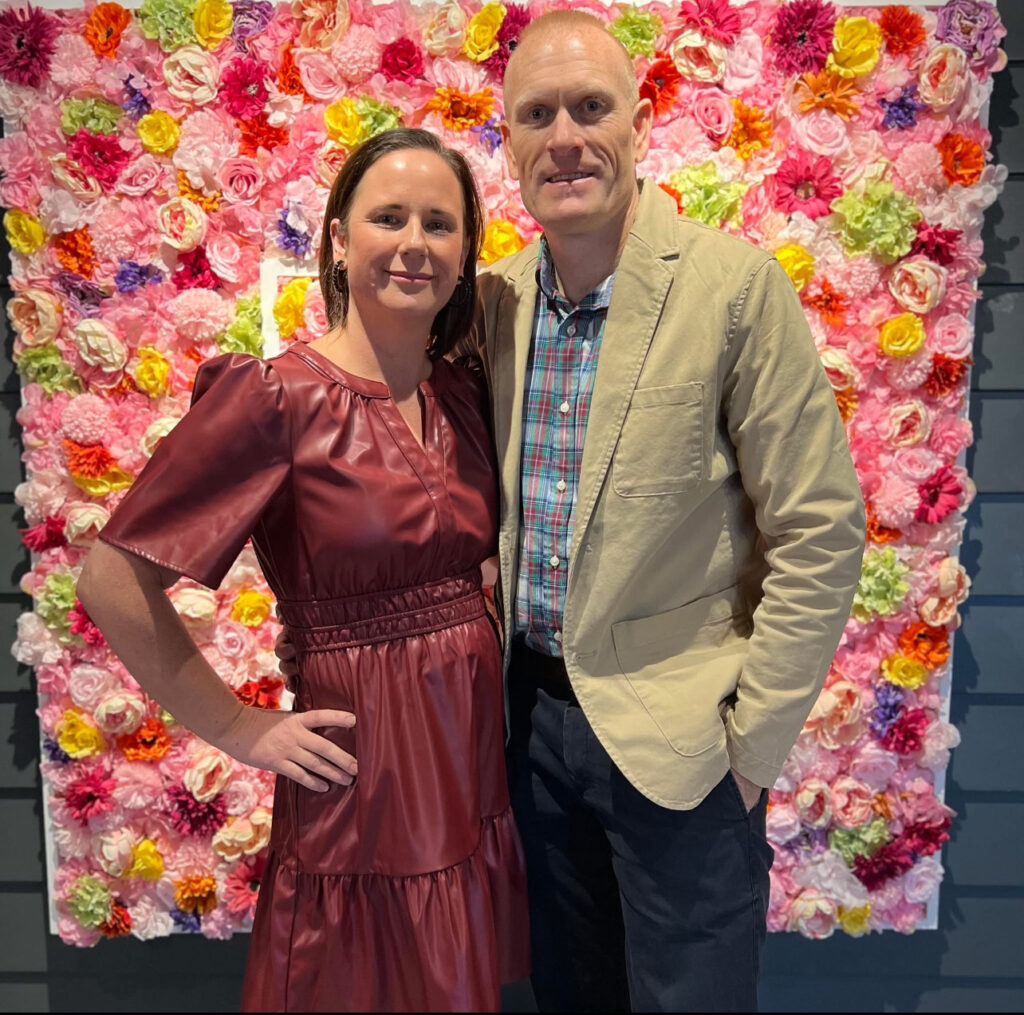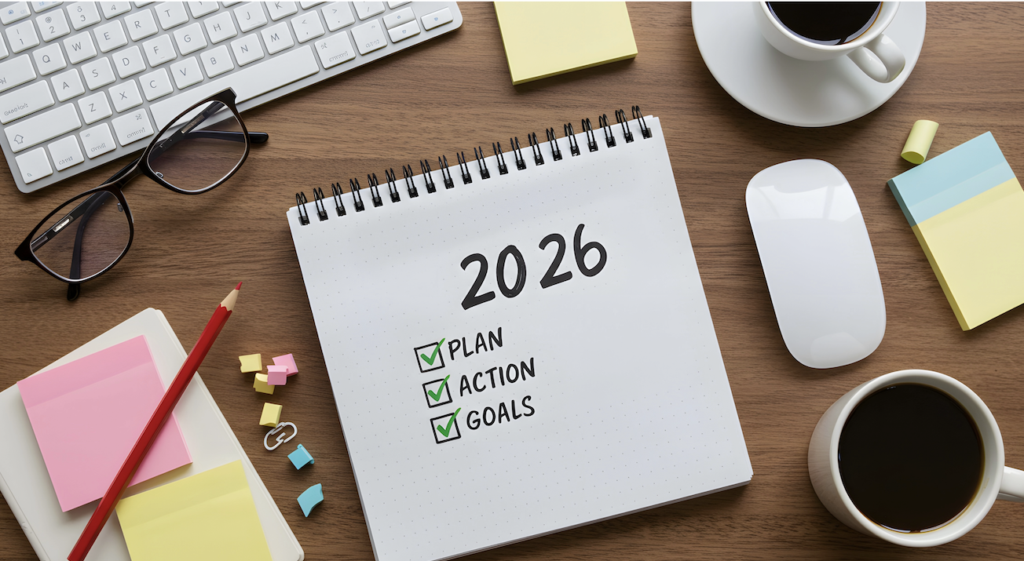The Ultimate Guide to Acing Your Job Interview
Congratulations! You’ve landed an interview for your dream job. Now, it’s time to prepare and showcase your best professional self. Interviews can be nerve-wracking, but with the right preparation and attitude, you can impress the interviewer and land the job. Here’s your guide to interview success.
1. Research the Company
Before your interview, spend time learning about the company. This shows you’re genuinely interested in the role and helps you answer questions more effectively.
Focus on these key areas:
- Company website: Read their mission statement, recent news, and information about their products or services.
- Social media: Check their LinkedIn and other platforms to understand their brand and current projects.
- Recent developments: Look for news articles or press releases about the company.
- Industry knowledge: Understand what makes this company different from their competitors.
Take notes on what you learn. During the interview, mention specific things about the company that interest you. This demonstrates that you’ve done your homework and aren’t just applying everywhere.
2. Practice Answering Common Interview Questions
Most interviews include similar questions, so preparing answers ahead of time will help you feel confident and respond clearly.
Common questions to prepare for:
- “Tell me about yourself.” – Keep this to two to three minutes, focusing on your relevant work experience and why you’re interested in this role.
- “What makes you the best fit for this role?” – Connect your skills and career goals to what the position offers.
- “What are your strengths?” – Choose two to three strengths that relate to the job and give specific examples.
- “What’s your greatest weakness?” – Pick something real but show how you’re working to improve it.
For behavioral questions that start with “Tell me about a time when,” structure your answers using the STAR method:
- Situation: What was happening?
- Task: What did you need to do?
- Action: What steps did you take?
- Result: What was the outcome?
This method helps you tell a complete story that clearly demonstrates your skills and the impact of your actions. Keep each part concise but specific, and whenever possible, quantify your results with numbers or percentages.
Practice your answers out loud. You can record yourself, practice with a friend, or even rehearse in front of a mirror. The more you practice, the more natural your responses will sound.
3. Dress Appropriately
What you wear makes a strong first impression. When in doubt, it’s better to be slightly overdressed than underdressed.
General guidelines:
- Research the dress code: Look at the company’s website or social media to see how employees typically dress.
- Go one level up: Dress slightly more formal than what employees wear day-today.
- Keep it clean and fitted: Make sure your clothes are wrinkle-free and fit well.
- Choose conservative colors: Stick with neutral, professional colors like navy, gray, or black.
For most professional interviews, business casual to business formal is appropriate. If you’re unsure, ask the person who scheduled your interview about the dress code.
Remember that good grooming is just as important as your outfit. Make sure your hair is neat, your nails are clean and avoid strong perfumes or colognes.
4. Plan Ahead with Logistics
Poor planning can create unnecessary stress and potentially make you late. Take care of logistics well before your interview day.
Key planning steps:
- Know the location: Look up the address and plan your route in advance.
- Do a practice run: If possible, travel to the location at the same time of day as your interview to account for traffic.
- Plan to arrive early: Aim to get there 10 to 15 minutes before your scheduled time.
- Prepare your materials: Organize everything you need the night before.
For in-person interviews, consider:
- Parking availability and costs.
- Public transportation schedules and delays.
- Building security procedures.
- Weather conditions that might affect travel time.
For virtual interviews:
- Test your technology 24 hours beforehand.
- Check your internet connection, camera, and microphone.
- Choose a quiet, well-lit location.
- Have a phone number as backup in case of technical issues.
5. Prepare Questions to Ask
At the end of most interviews, you’ll be asked if you have questions. This is your chance to learn more about the role and show your interest.
Good questions to ask:
- “What does success look like in this role?”
- “What are the biggest challenges facing the team right now?”
- “How would you describe the company culture?”
- “What opportunities are there for growth and development?”
- “What do you enjoy most about working here?”
- “What are the next steps in the interview process?”
Avoid asking about:
- Salary and benefits (save this for later interviews or after receiving an offer).
- Basic information that’s easily found on the company website.
- Vacation time or work-from-home policies in your first interview.
Prepare five to six questions since some may be answered during the conversation. Having thoughtful questions ready shows you’re engaged and serious about the opportunity.
6. Know How Your Experience Relates to the Job
Review the job description carefully and think about how your background connects to what they’re looking for. Prepare specific examples that demonstrate your relevant skills and experience.
How to prepare:
- Review the job requirements: Make a list of the key skills and qualifications they want.
- Match your experience: For each requirement, think of a specific example from your work history.
- Prepare detailed stories: Don’t just say you have a skill—explain how you’ve used it and what results you achieved.
- Quantify when possible: Use numbers to show your impact (increased sales by 20%, managed a team of eight, reduced costs by $10,000).
For example, if the job requires project management skills, prepare a story about a specific project you led, the challenges you faced, how you handled them, and the successful outcome.
Having these examples ready helps you answer questions confidently and shows the interviewer exactly how you can contribute to their team.
7. Follow Up
After your interview, send a thank-you email within 24 hours. This simple step shows professionalism and keeps you fresh in the interviewer’s mind.
Your follow-up should include:
- Thanks for their time and the opportunity to interview.
- A mention of something specific you discussed to help them remember you.
- A brief reminder of why you’re excited about the role.
- Professional closing with your contact information.
Keep it short and genuine. If you interviewed with multiple people, send personalized emails to each person.
If you don’t hear back within the timeframe they mentioned, it’s okay to send one polite follow-up email after about a week. Express continued interest and ask about next steps, but don’t be pushy.
Conclusion
Interview success comes down to preparation, confidence, and authenticity. By researching the company, practicing your answers, dressing professionally, planning your logistics, preparing thoughtful questions, connecting your experience to the role, and following up appropriately, you’ll be ready to make a great impression.
Remember that interviews are conversations, not interrogations. The company wants to find the right person for the job, and you want to find the right opportunity for your career. Approach the interview as a chance to see if you’re a good mutual fit.
With solid preparation and a positive attitude, you’ll be well-equipped to showcase your qualifications and land the job you want. Good luck!
For more career advice, check out the articles in our Resource Center or advice on job seeking, interviewing, resume writing and more! Also, don’t miss out on the latest from our News & Insights blog for workforce trends, recruitment news and navigating the job market. Looking for a new opportunity? Take a look at our job openings.



